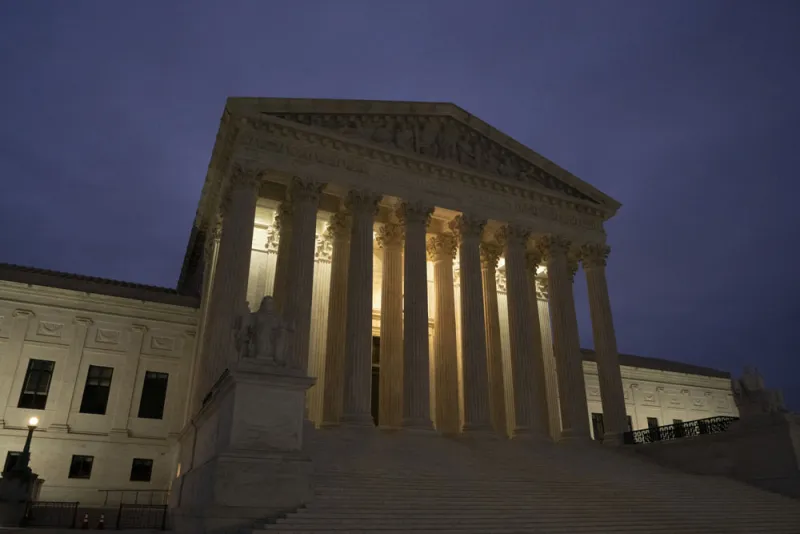U.S. Bank pensioners are battling for the right to sue the bank’s retirement fund for an alleged breach of fiduciary duties, asking the U.S. Supreme Court to overturn a lower court’s ruling.
The pension fund’s view that members can’t sue because they have no interest in the assets held in trust for their benefit is “just as backwards as it sounds,” attorneys for the members said in a document filed this month in the Supreme Court. The Court of Appeals for the Eight Circuit had affirmed in 2017 a district court ruling that U.S. Bank pensioners could not seek relief because the defined benefit plan eventually became overfunded.
Given that the U.S. Bank fund has more than enough money to fund its pension obligations, the members of the plan could not claim damages for monetary losses, according to the ruling. The members had sought damages for 2008 losses allegedly resulting from the plan sponsor’s decision to invest the entire pension fund in a “single higher-risk asset class,” a document filed with the court of appeals shows.
“Petitioners have alleged staggering misconduct: abject imprudence and unadorned self-dealing that caused a $748 million loss,” attorneys for the pensioners said in the filing with the Supreme Court. “Just as trust beneficiaries could sue breaching trustees, so can petitioners.”
[II Deep Dive: Pensions Are Paying Billions in ‘Unnecessary’ Private Real Estate Fees]
Capital in U.S. Bank’s defined benefit plan was invested by FAF Advisors, the asset manager owned by the bank at the time of the alleged fiduciary breach. “If a fiduciary makes an illegal investment with the assets backing participants’ payments, then participants naturally have a concrete interest in stopping that illegal conduct,” the attorneys argued on behalf of pension plan members in the Supreme Court document.
“As a general matter, we do not comment on litigation matters,” a spokesperson for U.S. Bank said in an email.







